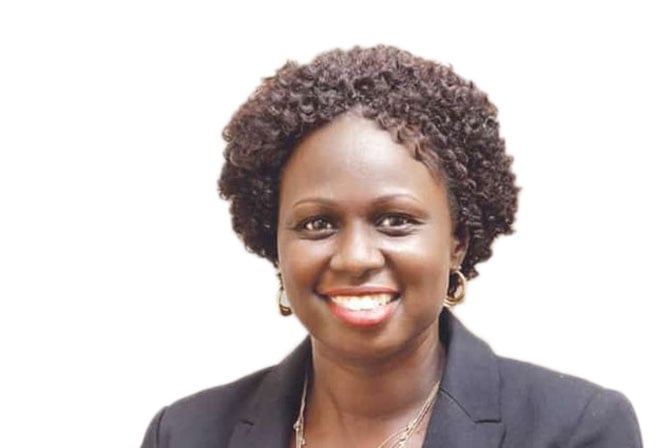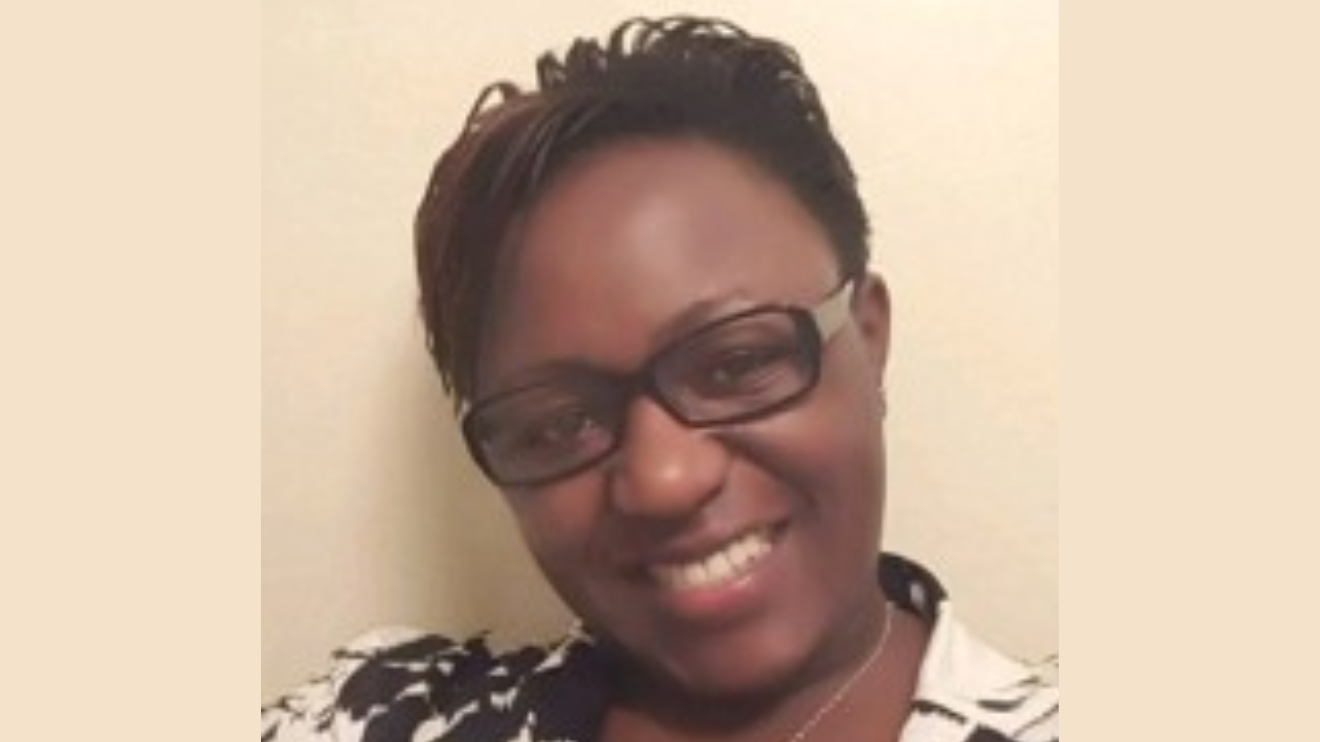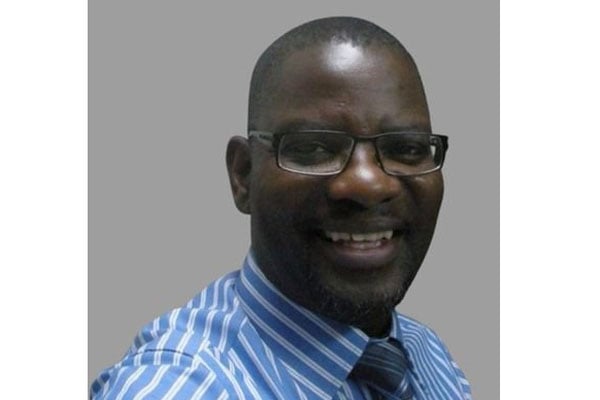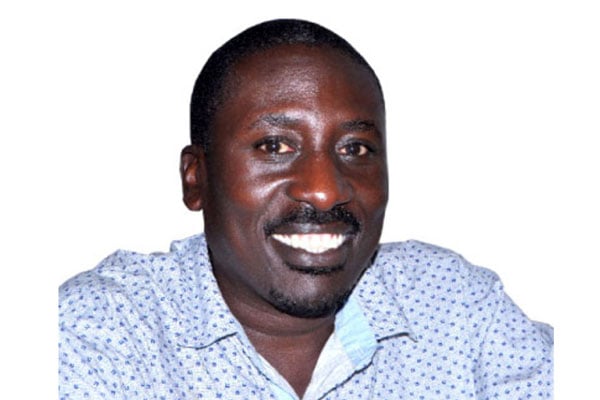
Writer: Betty Ogiel Rubanga. PHOTO/FILE
This question forms the intriguing title of Robin Sharma’s book, which I am currently reading. Sharma recounts a poignant piece of advice his father gave him about life: “Son, when you were born, the world smiled as you cried, so you must live your life so that when you die, the world will cry as you smile.”
As I reflect on this profound statement, I invite you to ponder the following questions in the context of your career, leadership, or business: When you leave your current job, what will happen? Will people rejoice and say “good riddance,” or will they be genuinely saddened by your departure because of the impact you’ve had on their lives?
The truth is that every day, we have the power to shape this narrative through how we serve and interact with others. Our actions and contributions define our legacy.
I have attended quite a number of funerals in the few years that I have been alive. The first one was for my father. I was three years old, or there about, with no idea of what was taking place. The second one was that of my mother. This one cut so deep, I cannot begin to explain it.
You see, mama had a dream. Rather, I had a dream for mama. I was raised in abject poverty, but at some point, I made it my enemy. I wanted it out of my family. I knew that education would be the ultimate weapon to achieve this dream. I did just about everything to fund this education, including smuggling illicit brew to neighbouring Kenya. We were once arrested by the Kenyan police, but they just let us go out of sheer pity.
When I finally got the chance to get a university education after a series of miracles, a never-say-die spirit, and sheer determination, the dream was closer to reality. However, in my second year at Makerere University, the bad news came: Mama was no more. What a shame! In fact, by the time I got to my village in Ogongoja, Katakwi District, the burial had long since been performed. There she was six feet under.
I wondered what her dreams in life were. I asked myself several existential questions. I cried. I wondered why people cry at funerals. Over the years, I realised they cry for different reasons. First, some will pretend because they want to be seen to have cared about the departed. These are a multitude.
Then, some cry because of a sheer unimaginable heartbreak. They know that they will not see you anymore, at least this side of heaven. Others will cry because you did impact their world so much and now that impact might not be seen anymore. There will be those who will cry because your life had so much promise and you never fulfilled it.
I cried for my mother because of the last reason, and because I was not able to fulfil my dream for her—to build her a house and get her out of poverty. However, my mother and her abject poverty were the catalysts of who I am today.
At Makerere University, I had no tuition. At least for accommodation, I could sneak into the Makerere Sports pavilion every night and sleep. I did that for almost all my time on campus. For tuition, I approached Prof Justin Epelu-Opio who was the deputy vice-chancellor by then and he so graciously paid for me. In April, I sat at his funeral and observed the proceedings and nearly blacked out of sadness.
As I thought briefly about his life, I knew immediately that it had an impact on me. He had no business supporting a stranger like me, but he did. Were it not for his support, I would not have graduated. I would not have become a seasoned human resource practitioner for over two decades working in the oil and gas industry.
When our days on earth end, we realise that life’s greatest call was for impact, contribution, and making this world a better place. When that day comes for you or me, hopefully, we will have lived a life so well that those who cry do so because we lived and touched them, especially strangers.
Like John Maxwell says, “Leadership is influence nothing more, nothing less.”
Betty Ogiel Rubanga is a coach, speaker and trainer








